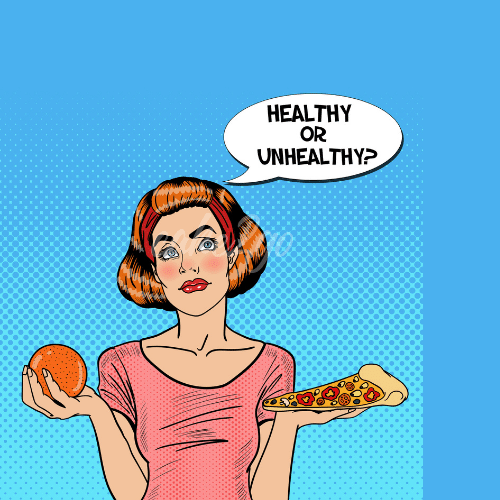I’ve always been told that it’s the amount I eat that puts me at risk of heart disease and stroke, and that fat type doesn’t really play a role. But researchers have now concluded an official Nuh Uh to that! True, for the sake of healthy weight, a certain degree of portion control is always recommended. However, it’s the source of the dietary fat that plays the largest role.
Fat Type and Stroke Risk
It doesn’t come as a surprise to anyone in the entire world that there is a link between the consumption of dietary fats and an individual’s stroke risk. However, recent research announced through the American Heart Association’s Scientific Sessions 2021 showed that it’s the fat type and not the amount we eat that may be the most important factor.
The researchers certainly didn’t mean that this implies that we can have as much as we want of the lower-risk fat type. However, it did find that people who obtain more of this macronutrient from vegetable sources had a measurably lower stroke risk than people who get it primarily from animal sources.
Since stroke is the fifth highest cause of death in the United States, I can see why that’s a big deal and why nutritionists really want to know how diet impacts that risk.
You Don’t Have to Become Vegan
The researchers – and me as a blogger – are not suggesting that everyone should give up on eating animal-based foods. I’m not saying that you should start being vegan right this second. What is suggested however, is that we all pay closer attention to the fat type in our meals. Cutting down on those from animal-based products and focusing on options such as olive oil, which are great for our health, can play a role in reducing our overall risk.
That might sound like a lot, but it might be just as easy as cutting down on processed meat intake by one day per week. Processed meat is the least good for you, so by taking that out you’re not only cutting down on how much of that you eat, but you’re also reducing animal fat type consumption. Two birds with one stone!
Nobody is suggesting that we need to aim for perfection or to completely overhaul our diets. But this understanding of fat type lets us make more informed decisions based on our overall health and stroke risk.
The research was based on 27 years of data from more than 117,000 health care professionals. The data was from two of the longest running American nutritional studies, the Health Professionals Follow-Up Study and the Nurses’ Health Study. This was high quality data and, I’m definitely paying close attention to what it has to say.










